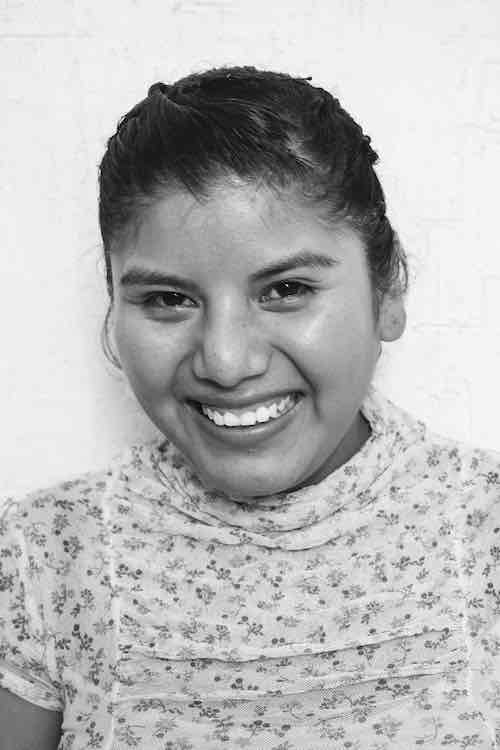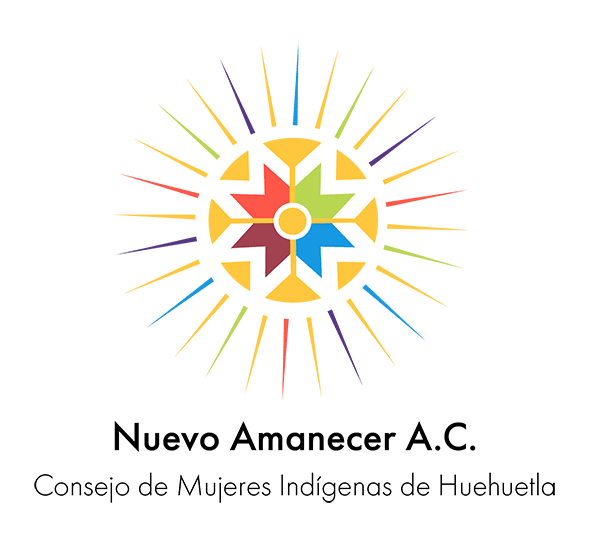
ANABELL ROSAS SANTIAGO
Otomí Founding Partner, Nuevo Amanecer Ra ‘Da ‘ Yo Neki
Community of San Antonio el Grande, Huehuetla, Hidalgo
MY STORY
I consider myself a leader because I have the ability to put forth my opinion. I consider myself an independent woman and I have the capacity to organize and offer ideas on a given subject matter. I like to relate with adults. I speak Ñahñu, an Indigenous language, and I can communicate with people from the northern region.
What I like most about PSYDEH are the workshops where we share ideas. [I especially] enjoy when we look at issues of education, health, and the economy. In the council, we’ve had the opportunity to participate in meetings and gatherings where we’ve learned so much. This is why we are valuable – we are Indigenous women and we learn together. All of us counselors have the ability to speak the language and understand the communities. I have experience in the communities through my work with Nayelica. A significant challenge for me was that I was very shy and did not want to socialize with anyone. I learned a lot from Nayelica because she was incredibly open and liked to talk with other people. She motivated me a lot.
My challenge on the council has been that we all have different ideas about women. Some women believe that they do not have the courage to have an opinion because they are women. At first, they contradicted us on these issues because women felt less-than and it is difficult to change their minds. The people in San Gregorio and Acuautla, for example, had a hard time – especially with families that have a different perspective about women. You arrive and you do not know much; but with the workshops, you learn and this helps us a lot.
Another challenge is education. Not all women believe in education, such as in sending their children to school. Other women think about sending their children so that they do not lose out on Prospera’s support.
It is difficult for us as women when we have the responsibilities of [our] home and children. When I entered [PSYDEH], my oldest son was in preschool. At the time, It was difficult because I was working. In order to go to the workshops, I had to move up my work. My schedule was 9 a.m. to 2 p.m., so I had more time left to attend the workshops. My mother was very supportive. She stayed with my son. I [eventually] stopped going to the workshops and meetings because of my baby. I had health problems with my high-risk pregnancy and it was hard for me.
Now, with my husband’s support, I am back.
I was motivated by an experience with a family member related to drug addiction. It was a very worrisome and difficult time. But we got him through it. We encouraged him and gave him advice. Young people are particularly difficult, but everything should come from the family. We have the ability to speak the language and communicate with the parents so they [can] understand us more and [understand] the value of communication within the family.

